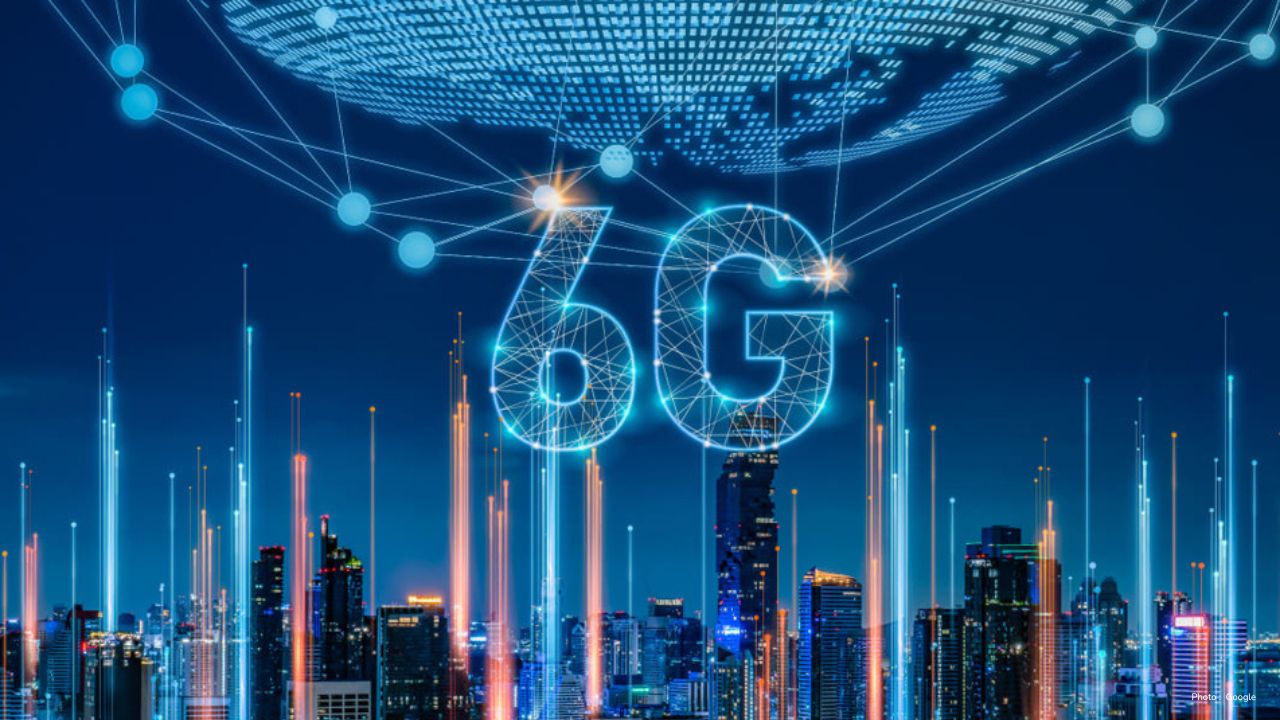
Six Quebec Teens Charged in Alleged Human Traffick
Six teenagers from Quebec have been charged in connection with an alleged human trafficking ring unl

India is preparing to lead the world in next-generation mobile technology with its ambitious 6G rollout plan. The government aims to launch 6G services by 2030 under the "Bharat 6G Vision." This initiative promises to revolutionize connectivity, offering ultra-fast internet speeds, enhanced digital services, and global leadership in telecommunications.
What Is 6G?
6G, or sixth-generation wireless technology, is the successor to 5G. It is expected to provide data speeds up to 100 times faster than 5G, offering speeds of up to 100 Gbps. This advancement will enable real-time communication, immersive experiences like augmented and virtual reality, and support for billions of connected devices.
Key Features of Bharat 6G Vision
Ultra-Fast Speeds: 6G will offer download speeds up to 100 Gbps, facilitating seamless streaming, gaming, and data transfer.
AI-Powered Networks: Artificial intelligence will manage network traffic, predict maintenance needs, and optimize performance in real-time.
Integrated Connectivity: 6G will combine terrestrial and satellite networks, ensuring consistent coverage even in remote areas.
Enhanced Applications: The technology will support advanced applications such as autonomous vehicles, smart cities, and industrial automation.
Government Initiatives and Investments
The Indian government has launched several initiatives to support the 6G rollout:
Telecom Technology Development Fund (TTDF): Established in 2022, TTDF has approved ₹275.88 crore for 104 6G-related projects as of July 2025. These projects focus on research and development, aiming to create indigenous 6G technologies.
Bharat 6G Alliance: A collaborative platform that brings together industry leaders, academic institutions, and government bodies to drive 6G research and development in India.
International Collaborations: India has signed agreements with global 6G alliances to share knowledge and align research efforts.
Economic and Strategic Impact
The 6G rollout is expected to contribute significantly to India's economy:
GDP Growth: The 6G sector is projected to add $1.2 trillion to India's GDP by 2035.
Job Creation: Development and deployment of 6G technologies will create millions of jobs in research, manufacturing, and services.
Global Leadership: India aims to secure 10% of global 6G patents, positioning itself as a leader in telecommunications innovation.
Challenges and Considerations
While the prospects of 6G are promising, several challenges need to be addressed:
Infrastructure Development: Building towers and fiber networks for 6G will require significant investment.
Spectrum Allocation: Adequate spectrum is crucial for successful 6G implementation.
Digital Inclusion: Efforts must ensure 6G benefits reach rural and underserved areas, bridging the digital divide.
Disclaimer
This article is based on publicly available information as of 2025. It is for informational purposes only and does not promote any specific company or product.